In Kōjin Karatani’s Philosophy of Architecture, Nadir Lahiji offers an insightful introduction to Kōjin Karatani’s revolutionary theoretical-philosophical approach to architecture. This book explores Karatani’s affinity with Kant’s critical philosophy, particularly the concept of ‘architectonic reason,’ and how it shapes his architectural theories. While Western philosophy traditionally connects philosophy to wisdom (Sophia), Karatani introduces a novel definition, relating philosophy to foundation and the Will to Architecture. This redefinition challenges the long-standing philosophical quest for solid ground and highlights a recurring crisis in Western thought.
This groundbreaking work is the first to delve deeply into Karatani’s significant ideas, offering a fresh perspective for both philosophical and architectural scholars. Lahiji’s exploration reveals the profound implications of Karatani’s approach to the relationship between philosophy and architecture.
Key Features:
-
Groundbreaking Exploration: The first book to explore Kōjin Karatani’s philosophical approach to architecture
-
Philosophical Framework: Links Karatani’s ideas with Kant’s critical philosophy, focusing on ‘architectonic reason’
-
Unique Philosophical Re-definition: Introduces the Will to Architecture as a foundational concept in Western philosophy
-
Critical Analysis: Examines how Karatani’s work reveals the crisis of building a knowledge system on solid ground
-
Ideal For: Philosophers, architects, and students interested in the intersection of philosophy and architecture
Ideal For:
-
Scholars of philosophy and architecture
-
Graduate students and researchers interested in architectural theory
-
Philosophers exploring new definitions of knowledge and foundation
-
Architects seeking philosophical insight into the role of architecture in society
Authors:
Nadir Lahiji (Author)
From the book:

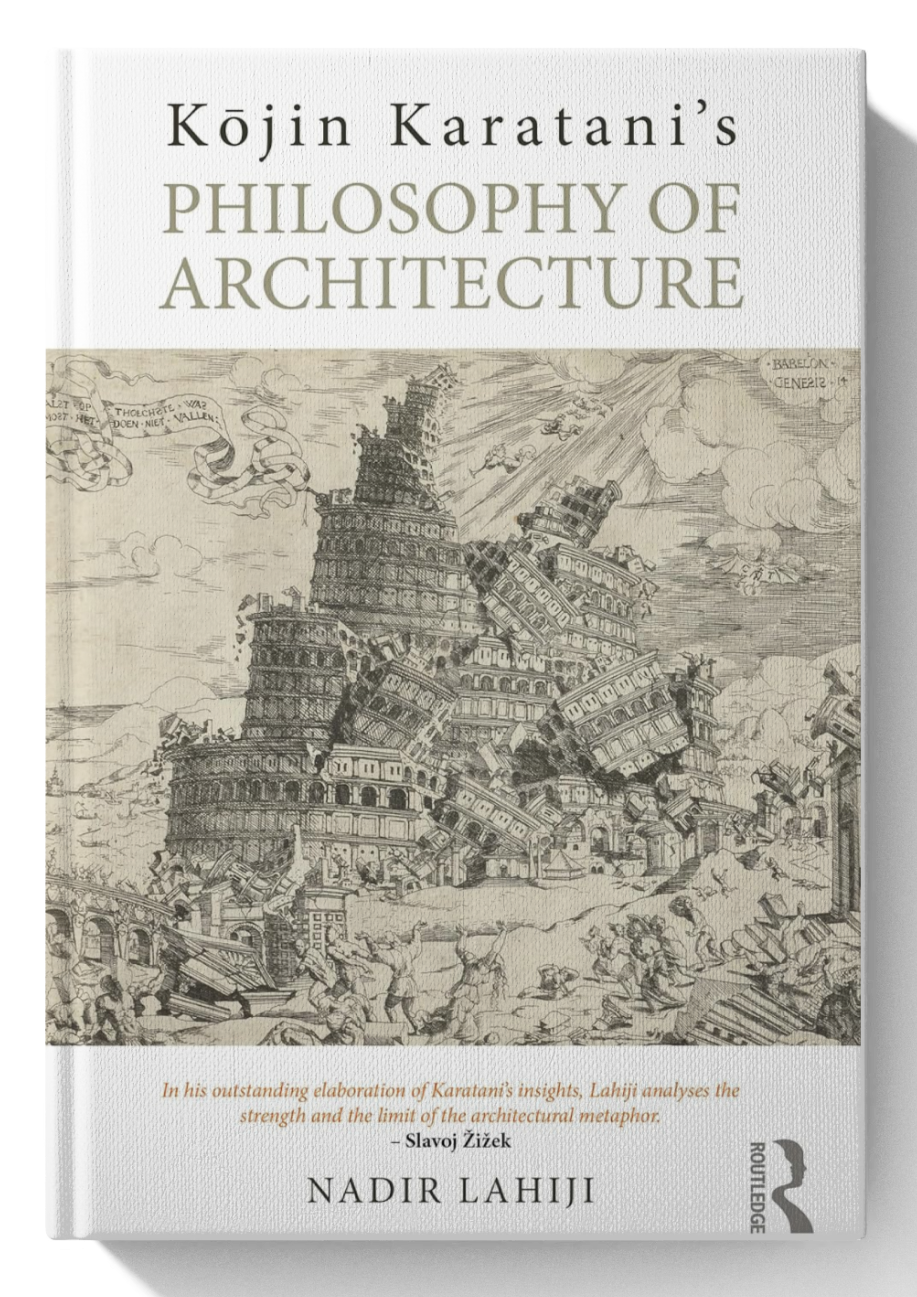
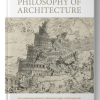

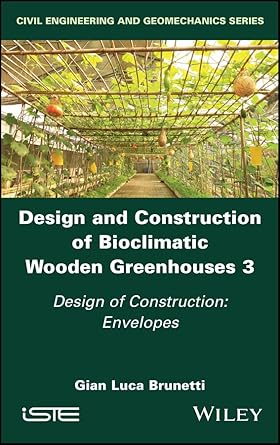
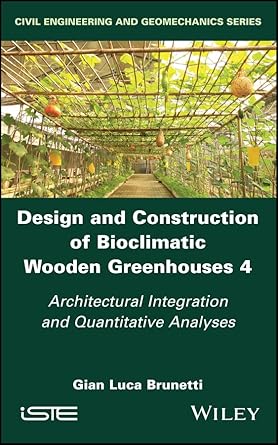

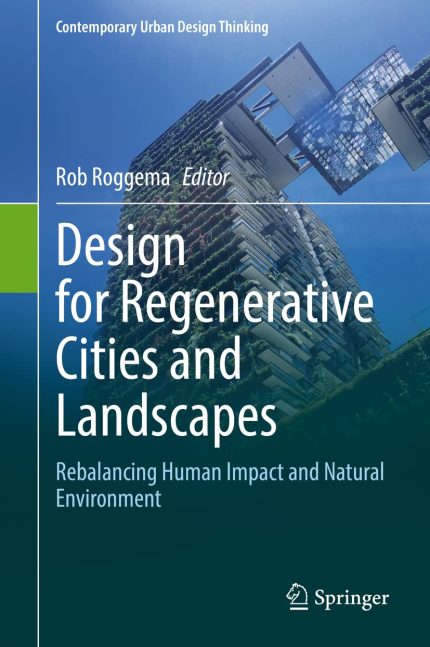

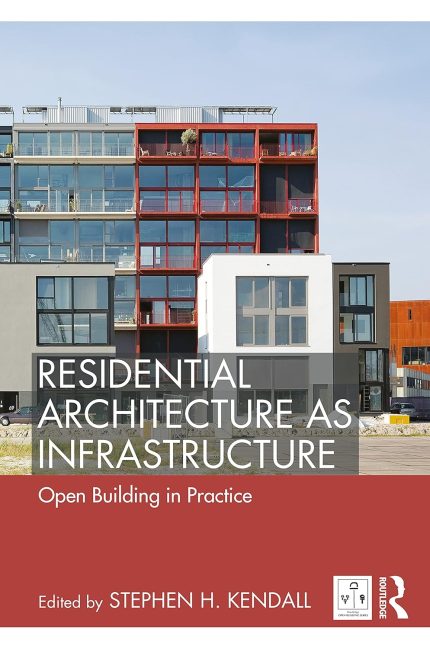
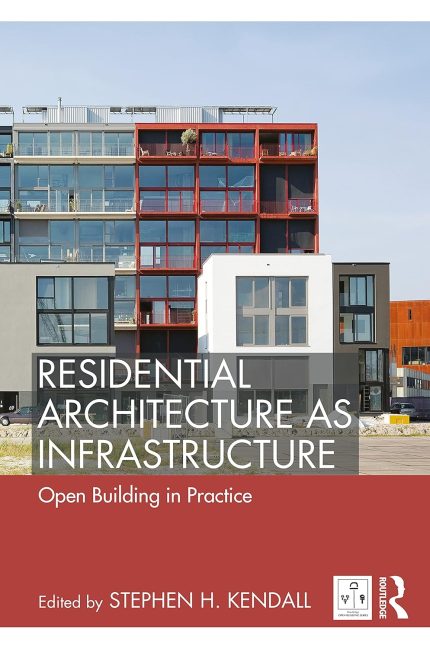
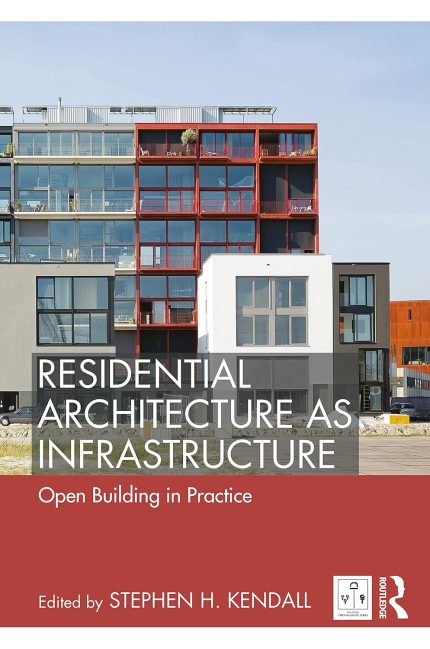

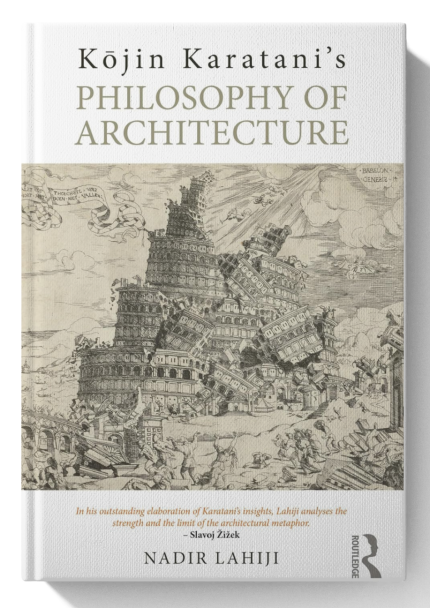
Reviews
There are no reviews yet.